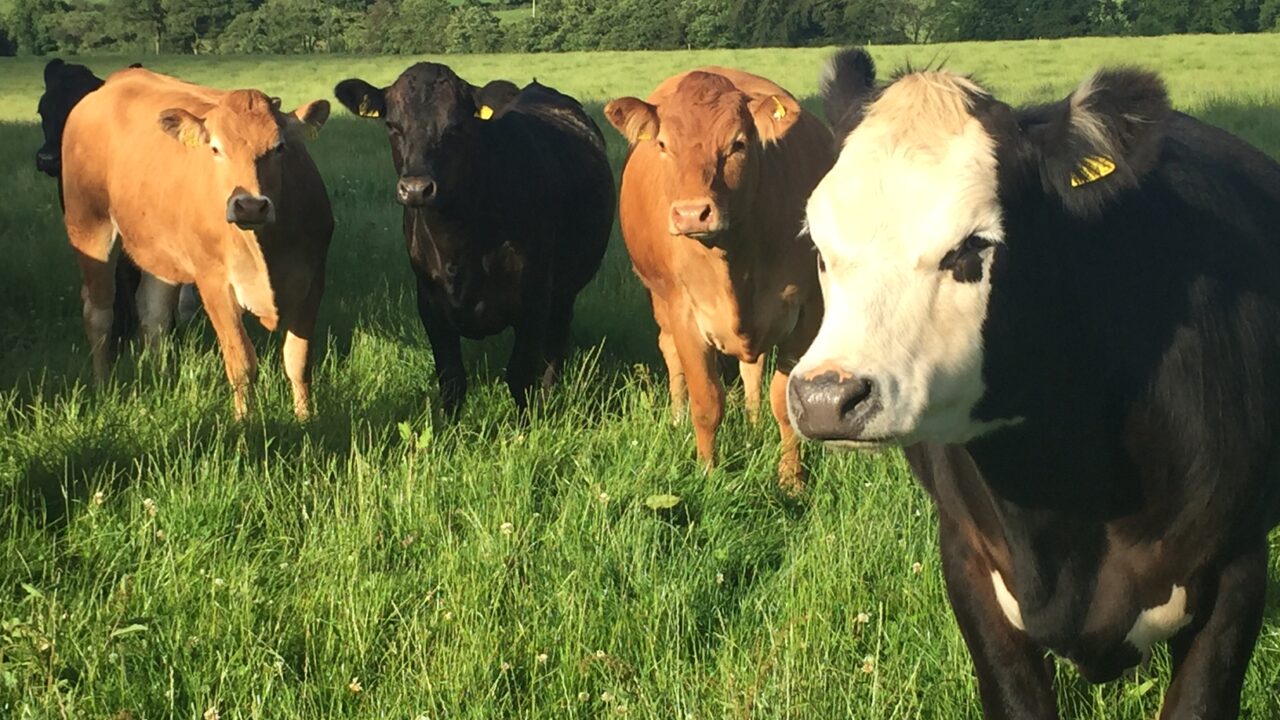A report revealing that British farm incomes could be slashed by up to 50% under a hard Brexit reinforces the need for a free trade deal between Ireland and the UK, a leading agri-economist has cautioned.
The impact assessment report, from the Agriculture and Horticulture Development Board (AHDB), projects the effect of different trading arrangements, farm support measures and labour availability on UK farms post Brexit.
These include: a ‘business as usual’ approach with current levels of support; a liberal approach to trade with tariff-free access to the UK and reduced support; to a cliff-edge Brexit, reverting to World Trade Organisation (WTO) regulations and with dramatically reduced support payments.
Dr. Kevin Hanrahan, head of Teagasc Rural Economy and Development Programme said he is not surprised by the bleak findings.
He warns that no matter which trading scenarios the UK decide on to protect their own, Irish agriculture will inevitably suffer.
“If the UK puts up a lot of trade barriers which effectively protects their farmers, the price of agricultural commodities that the UK doesn’t really export much of will not change dramatically, so milk and wheat and beef prices won’t change an awful lot.
“The other one where the UK unilaterally liberalises and gets rid of all tariffs, the prices of most agricultural commodities will come down dramatically and you get the biggest income impact that you have in the report,” he said.
Dr. Hanrahan says Irish farmers won’t escape the consequences.
If the UK puts up tariffs then our prices will decline because of exposure to that market in terms of how much of our output we export there. If the UK gets rid of all its tariffs our prices will also fall because they will be competing on a British market against world wide products.
“Neither of those scenarios has an awful of upside or positivity from the perspective of Ireland.
“If they choose to put up tariffs to protect their agricultural sector that mitigates the impact of Brexit on UK farming, but it does not mitigate the impact of Brexit significantly on Irish farming,” he said.
He stressed that the key thing from Ireland’s perspective, and the agri-food industry, is avoiding such outcomes.
“The aim should be to somehow get to a position where we have a trade relationship with the UK that’s as close as possible to that which we currently have.
“If that discussion doesn’t happen we are looking at a world where the negative impacts on Irish agriculture would be very stark, on approaching those magnitudes you would have pressure for enormous structural change in Irish agriculture,” he said.
A study we did last year using very conservative assumption on the negative impact of Brexit on Irish farm incomes showed it’s very easy to get numbers that head in the direction of a 50% impact for some of the sectors.
Meanwhile, IFA deputy president Richard Kennedy questioned why the impact assessment report wasn’t carried out by the AHDB prior to the UK referendum on European Union membership in June last year.
“People just didn’t realise how significant the issue was nor hadn’t given it due attention. At this stage I would say the English farmers would want to be lobbying very strongly with their MPs to have a soft Brexit because a hard Brexit is not going to be good for us here or the English farmers either,” he said.
